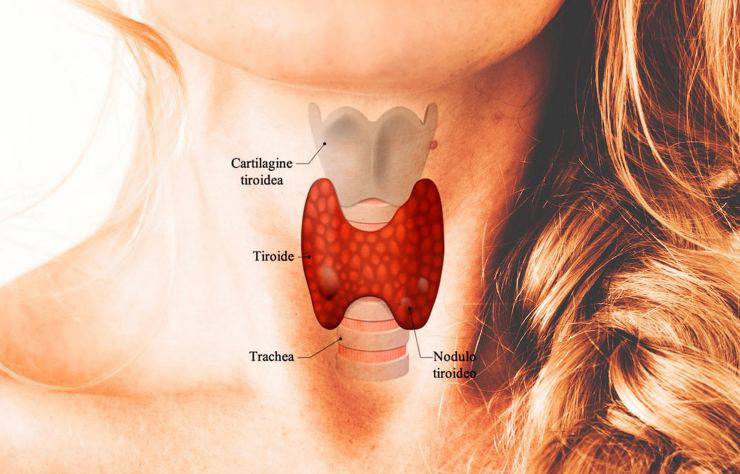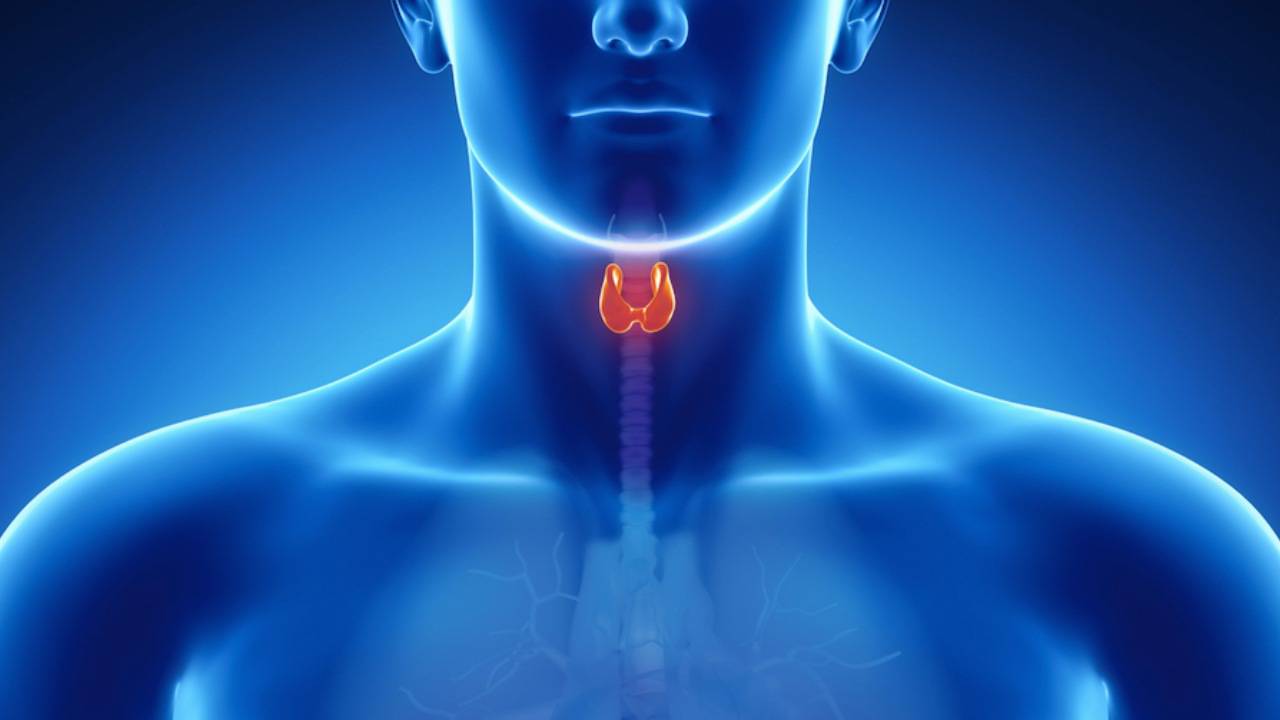Hypothyroidism is an increasingly common disease and must absolutely be treated. It is therefore necessary to recognize the symptoms.
Hypothyroidism is a disease that affects the thyroid gland and causes one deficiency in hormone production. The following syndrome can have different origins: it can be congenital, linked to a malfunction of the pituitary gland (gland of the central nervous system that deals with the production of pituitary hormones – TSH) or to iodine deficiency in the body. As for the external causes: first of all is the removal of the thyroid gland following, for example, the presence of a tumor mass on the gland. In any case, our body needs the right amount of hormones to function properly, otherwise serious problems could arise.
Among the most common symptoms of hypothyroidism there is: tiredness and excessive sleep, excessive sensitivity to cold, constipation, paleness and dryness, swelling of the face and eyelids, hoarse voice, muscle weakness or cramps, high blood cholesterol levels, excessively irregular menstrual periods ( or very abundant), thinning and brittle hair, depression, memory problems, slow heart rate and myxedema.
However, it should be noted that if only one symptom occurs and for a short period of time, it will most likely have nothing to do with your thyroid; in reverse, if more than one symptom arises and they reveal themselves, at the same time, persistent, then that would be the case with consult your GP to proceed with appropriate analyzes. It is also important to check the thyroid, because hormones allow various activities in the body to function, as they are real chemical messengers that connect our body to the Central Nervous System.
READ ALSO -> Salt: Here’s how it affects your brain, amazing
Hypothyroidism – Possible Medical Treatments

READ ALSO -> Tell me how you eat and I’ll tell you who you are
Nowadays, there are several drugs that can compensate for hormone deficiency. Typically, it is prescribed a daily intake of thyroxine (taken through levothyroxine), as the intake of this molecule, in the long run, could allow a situation of stable hormone production. In any case, when it comes to hypothyroidism (or hyperthyroidism – excessive production of hormones) the drugs administered they must be taken every day, just to compensate for the malfunction of the thyroid gland.
In addition to drugs, it is appropriate complementing medical care with a correct and healthy diet. In fact, one of the causes of hypothyroidism is the lack of iodine in the body and it is therefore good to help compensate for this lack through the intake of oily fish, iodized salt etc. Equally important, however, is to underline that hypothyroidism does not always depend on the lack of this substance: therefore, anyone suffering from this disease is invited to discuss their diet with their doctor and follow the instructions of the specialized doctor exactly. For example, if you have hypothyroidism and are taking iodine supplements yourself, you may have the opposite problem, namely hyperthyroidism. Consequently, once the problem is identified, the cure does NOT have to be something “Do it yourself”, but it must be specific to the patient and prescribed by the doctor.
